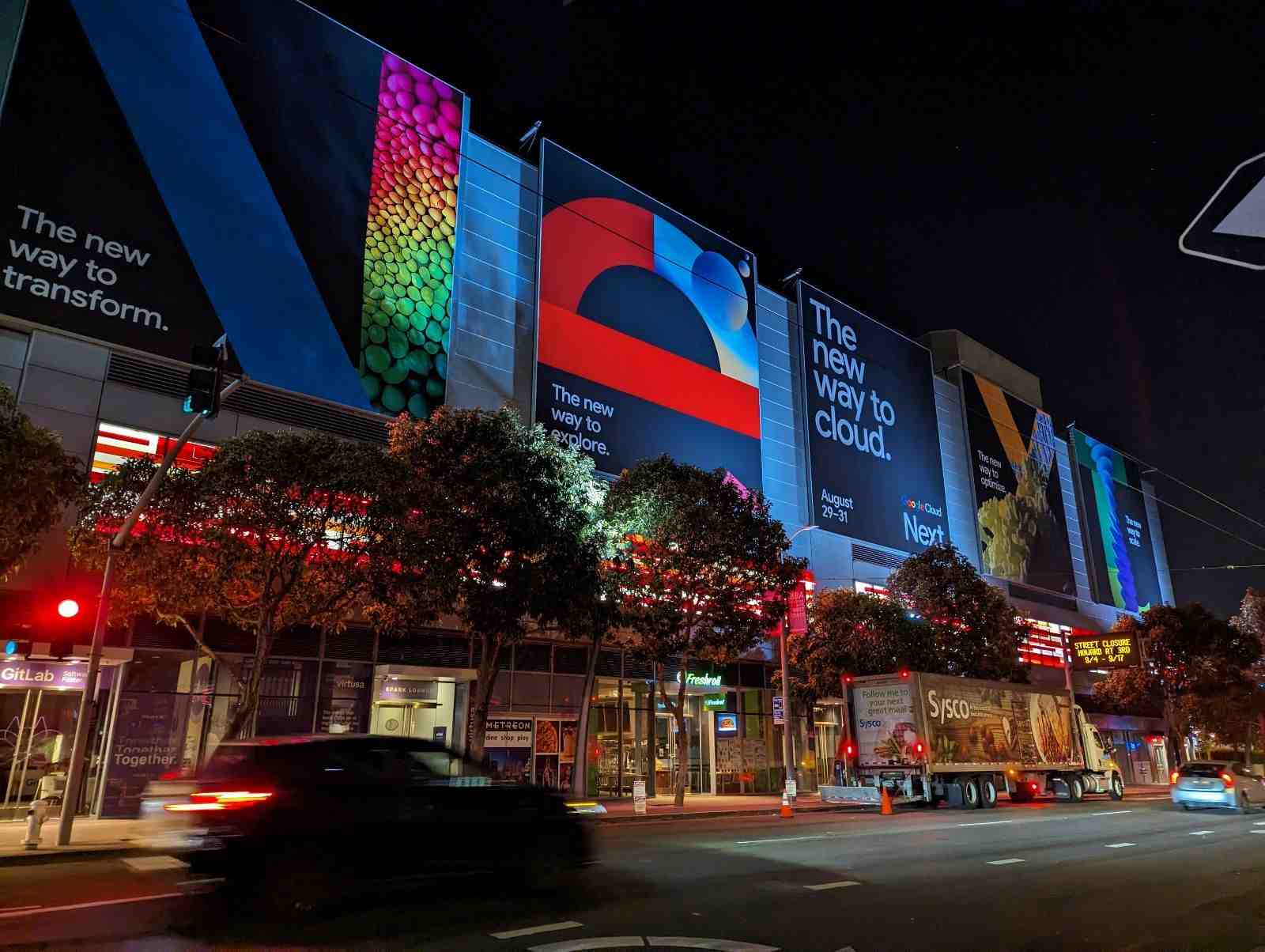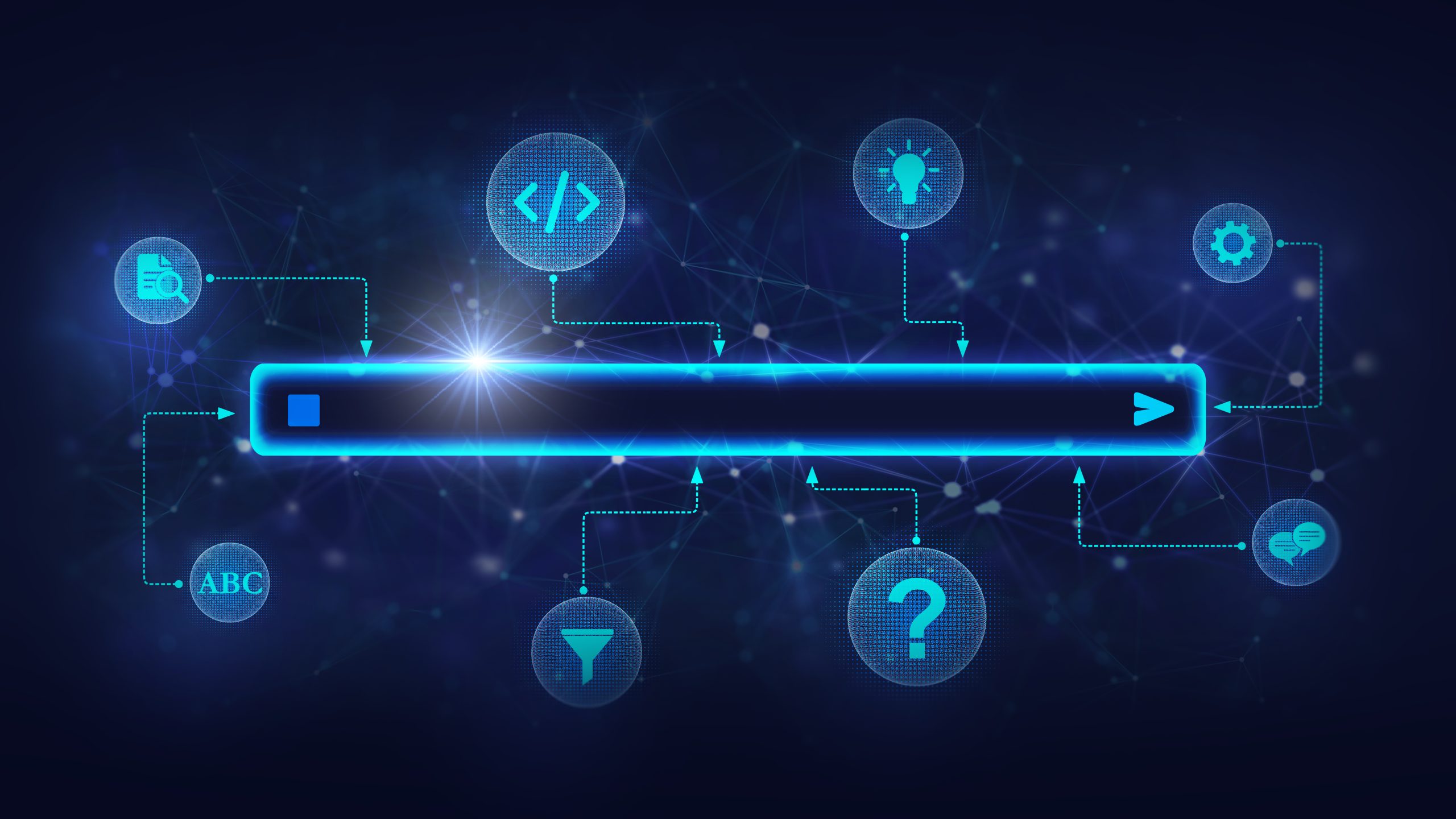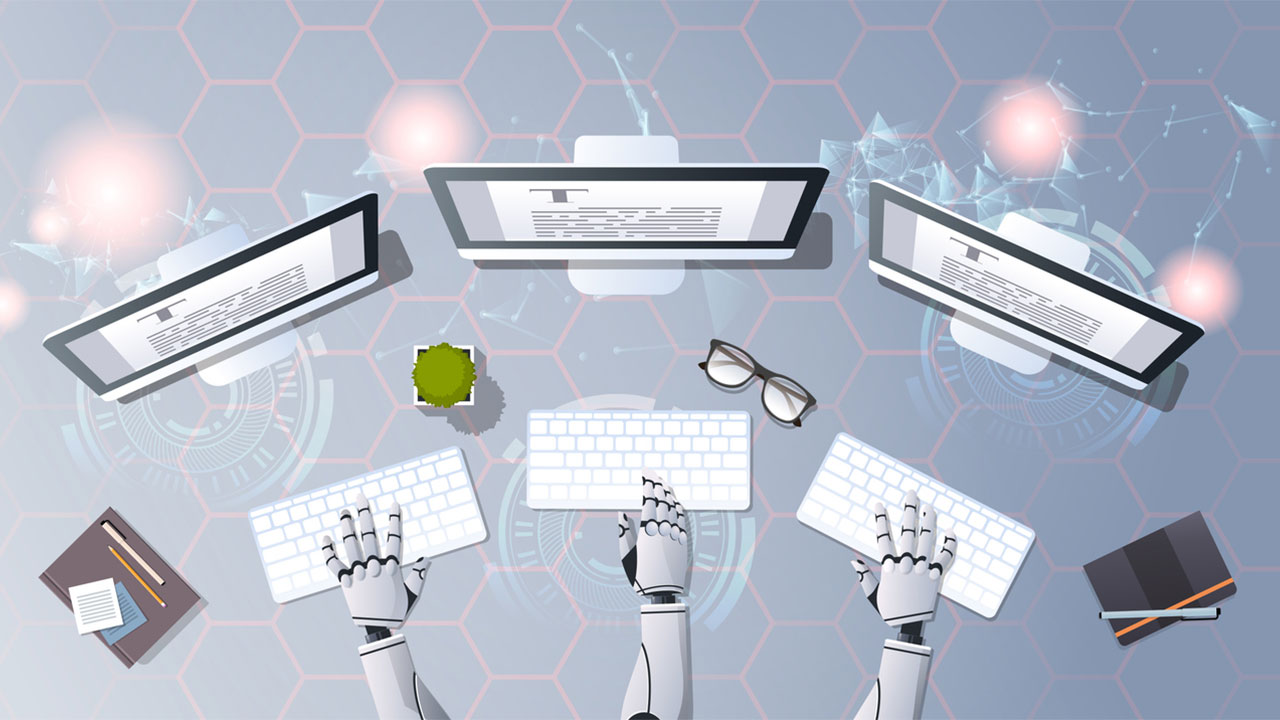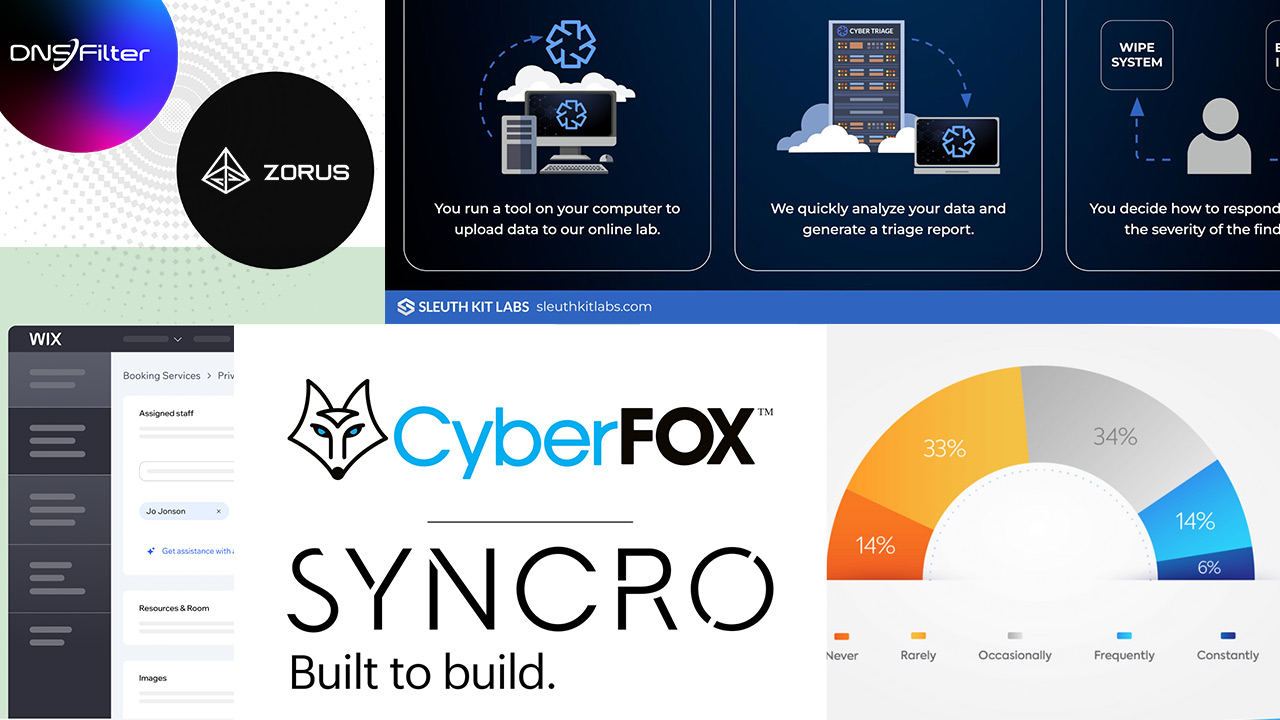If you’re double-booked for meetings, as far as Google is concerned, you needn’t miss either of them. Pick the one you want to attend and send an AI assistant to the second one.
This capability is one of a slew of AI-related announcements Google plans to make during Google Cloud Next ’23 in San Francisco, starting today and running through August 31. It’s the first time the company is holding the annual event in person since 2019.
Generative AI will take center stage, as Google presenters go over the many ways it can improve productivity, efficiency, and security for Google Cloud users. Google envisions generative AI touching just about aspect of the enterprise, from helping programmers complete code to assisting users performing tasks such as attending two meetings at once. For cybersecurity teams, AI will make their jobs easier and more effective.
As June Yang, vice president of cloud AI and industry solutions, puts it, Google is democratizing AI by putting generative AI tools in the hands of more users for more access to more technologies.
Workload-optimized infrastructure is central to the strategy, says Mark Lohmeyer, vice president and general manager of compute and ML infrastructure.
“We look at each and every workload type and then we design and optimize at a systems level, across hardware, software, and services, to deliver on the results and outcomes that our customers need and expect,” he says.
Sharing the spotlight this week will be Google’s Vertex AI platform, which enables organizations to build and deploy ML models, and Duet AI, which weaves AI into products such as Google Meet and Google Chat.
Foundation Models
Vertex gives customers access to more than 100 foundation models optimized for various tasks, including speech, chat, images, and software code. Users without ML expertise or data training can leverage them for myriad use cases, says Yang.
“This is really a game change for AI, especially for the enterprises, and truly it’s accelerating time to value,” she notes.
New Vertex AI capabilities Google plans to highlight include updating PaLM 2 context windows, enhancing Imagen‘s visual appeal, and extending support for new languages in Codey.
A new tuning method called Style Tuning for Imagen allows users to easily add standardized backgrounds to any corporate image. Most systems would require hundreds of images for training, but Style Tuning does with it 10, says Nenshad Bardoliwalla, director of Vertex AI.
Google is introducing new Vertex AI models and extensions. A managed service, Colab Enterprise, allows data scientists to collaboratively accelerate AI workflows with access to all Vertex AI capabilities, as well as integration with BigQuery and code completion.
Google also is unveiling Duet AI in Google Meet. In addition to attending meetings on behalf of users, the AI assistant takes notes during video calls, prepares meeting summaries, and makes translations to other languages.
Integration of Duet with Google Chat enables users to ask questions about content, get summaries of shared documents, and catch up on missed conversations. “It’s a powerful tool for knowledge storage and sharing,” says Christina Behr, vice president of product management Collaboration apps, Workspace
Removing Cybersecurity Toil
Google believes generative AI will have a big impact on cybersecurity. Google Cloud users can leverage it to more effectively identify and stop threats, says Jeff Reed, VP of products security. Duet has been added to Chronicle Security Operations to expedite threat investigations, and to Security Command Center for risk assessment and remediation
Another new offering, Duet AI in Mandiant Threat Intelligence, simplifies threat assessments, making it possible to quickly compile lists of specific threats, contextualize them, and get recommendations on what steps to take when mitigation is necessary.
PEDRO PEREIRA is a New Hampshire-based freelance writer who has covered the IT channel for two decades.
Image: Courtesy of Google














